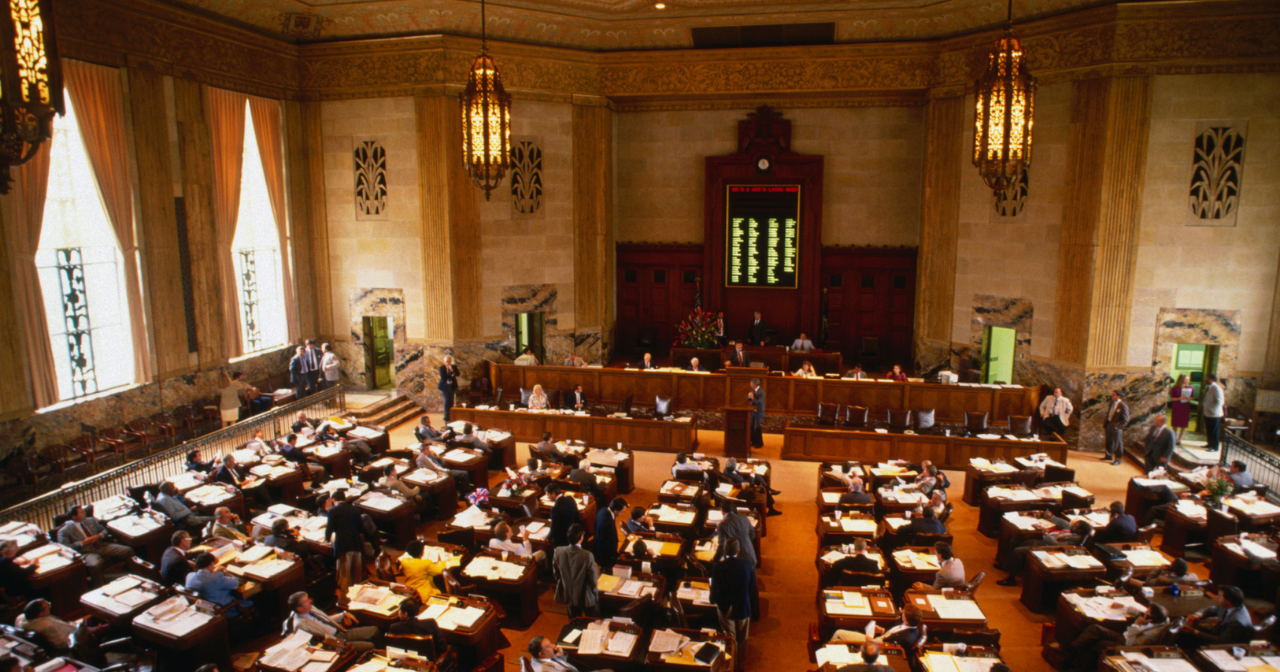How to Talk About Reproductive Legislation
For this #Talking Is Power month, one way to start conversations about sex, love, and relationships with the young people in your life is to discuss reproductive health legislation that may impact you both. Over the last few years there has been an increase in legislation introduced to ban and restrict abortions, as well as to restrict teachings about gender and sexual orientation. Providing youth with information about sexuality and reproductive health is important because it allows them to learn more about themselves, their bodies, and their rights. As these types of bills that restrict reproductive health services and education are being introduced and passed, it is important to have open dialogues about what the future of reproductive health care could look like.
By now, you have most likely heard about the leaked Supreme Court draft opinion on Dobbs v. Jackson, which directly challenges Roe v. Wade and jeopardizes the right to abortion. During this pivotal moment, it is necessary to be vocal about reproductive rights and help young people be aware of the importance of what is happening. If Roe v. Wade is overturned, as the leaked opinion suggests, then the decision regarding the right to abortion would fall into the hands of state law makers. If this occurs, then access to abortion will depend on where a person lives. As of now, 23 states are likely to ban abortion and several other states have trigger bans awaiting the Supreme Court ruling. If Roe v. Wade is overturned, access to abortion for millions will be extremely limited or unavailable depending on where they live. People of color and those who are low-income will be disproportionately impacted by this decision. Although this draft decision is not final, it shows how severely abortion rights are being attacked and what the landscape for abortion access could look like in the very near future.
We are already seeing the very real impact of abortion restrictions in Texas. In 2021, Texas passed Senate Bill 8 (SB8), which bans abortion care after six weeks and leaves enforcement to private citizens. The introduction of SB8 sparked an increase in legislation in other states to ban and restrict abortion care. Kentucky, Florida, Oklahoma, and Tennessee, following Texas’ lead, have recently passed abortion restriction legislation. This April, Kentucky passed House Bill 3, which bans abortion after 15 weeks and places restrictions on earlier abortions. Oklahoma’s Senate Bill 612 is a near-total abortion ban, which impacts the lives of those living in Oklahoma, as well as the Texans who traveled to Oklahoma to receive abortion care. Abortion bans and restrictions are on the rise, and it is important to make sure young people understand how their access to reproductive health care services is being attacked. These laws create a more inequitable country where access to abortion depends on a person’s zip code and their ability to afford to travel to states where abortions are not restricted.
Along with abortion restrictions, states are also passing legislation that censors schools’ ability to teach students about gender identity. Florida was the first to pass such a bill, Senate Bill 1834, also known as the “Don’t Say Gay Bill.” The controversial bill aims to restrict schools from teaching students about sexual orientation and other gender issues. Since its passage, over 12 states have introduced similar legislation that prohibits children from learning about and understanding gender identity. This type of legislation stigmatizes LGBTQ youth and can make it more difficult for them to feel included in the classroom. Restricting teaching on gender identity and sexual orientation alienates LGBTQ youth by perpetuating the idea that these topics are inappropriate and not meant to be discussed. In these circumstances, it is essential to talk to LGBTQ youth in your life about sex, relationships, and gender identity to make sure they feel seen. It is important for youth to be aware of this legislation so they can advocate for the protection of inclusive sexual health education.
As news surrounding abortion restrictions and “Don’t Say Gay” bills circulate, you might be wondering how to talk about these topics with the young people in your life. It is important for young people to know how and why this legislation impacts their lives. You can start conversations about these topics with young people by sharing news articles or sitting down and watching informative videos about current reproductive health legislation. Providing young people with the tools to learn more about these topics and how this legislation could impact them, and their peers, is more important now than ever. Some young people might be interested in receiving abortion care and might not be aware of the obstacles they could face when seeking out such care. It can be difficult to talk about these topics with young people but opening a dialogue will be beneficial for them and will help them learn more about what is currently happening in their state or community. Learning more about current legislation can also inspire teens and young people to get involved in advocating for their rights to access reproductive health care services. Two ways this can be done is through encouraging teens and young people to contact their Representatives and stay informed on the latest news.
More restrictive legislation is likely to be introduced in several states in the coming months, especially as the final decision in Dobbs v. Jackson is released by the Supreme Court. It is more important now than ever to talk about what is happening in our states and communities to our right to reproductive health care services and information—and how it impacts our ability to live our full and best lives.
Sitara Sayyed is the Public Policy Intern at Power to Decide where she assists the Public Policy team with federal policy issues. She attends University of Maryland where she studies Public Policy.
